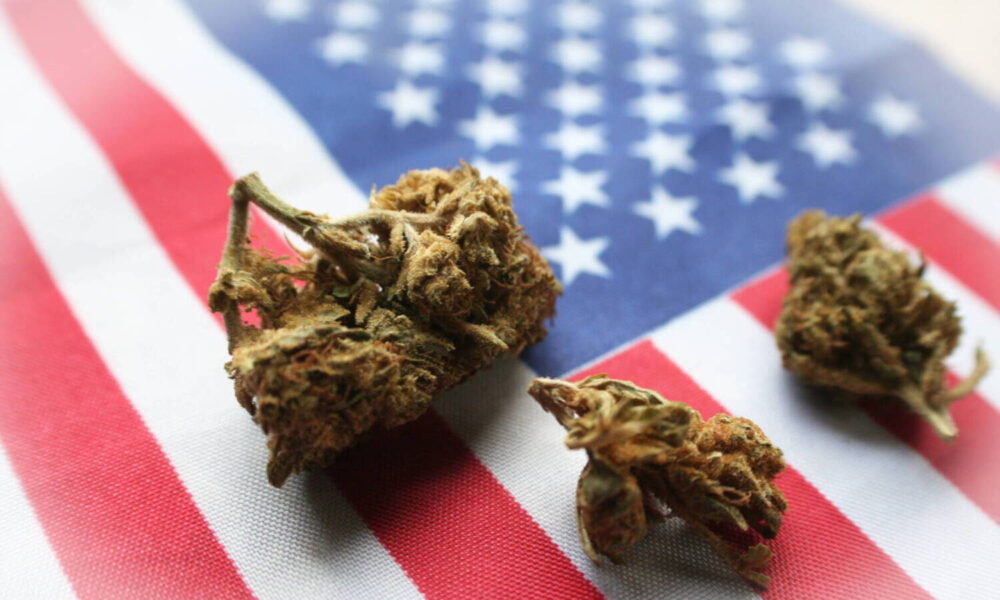Business
Cannabis Legalization Is A Boon For Real Estate, New Jobs And Tax Revenue, New Data Shows

The report also pointed to the challenges marijuana businesses face due to its illegal federal status, which creates numerous obstacles, including a lack of access to traditional banking systems.
A new report from the Federal Reserve Bank sheds light on the economic impact marijuana legalization has had in recent years, reports Marijuana Moment. Policy changes on the state level have resulted in increased commercial real estate demand, as well as a surge in tax revenues while creating more jobs.
According to an analysis from the Kansas City arm of the Central Bank, which collected data from several states under its jurisdiction, the Tenth Federal Reserve District, the cannabis industry has become one of the main economic sectors positioned to grow substantially in the coming period.
“Overall, the marijuana industry has had a significant effect on the economies of Tenth District states in the initial years after legalization,” the report said. “The emergence of the industry has led to higher employment and stronger demand for commercial real estate.”
The new analysis published last week also showed that tax revenue surged, and was driven by an increase in marijuana sales. However, the report also pointed to the challenges marijuana businesses face due to its illegal federal status, which creates numerous obstacles, including a lack of access to traditional banking systems.
“Marijuana legalization has also been associated with challenges for both the industry and localities more broadly, including access to banking services and concerns among some local officials about its effects on public health and safety,” the report continued.
Legalization Efforts In Tenth Federal Reserve District
Within the Tenth Federal Reserve District, only Colorado and New Mexico have legalized both medical and recreational marijuana.
While Missourians will get their chance to weigh in on recreational marijuana this November, cannabis-related initiatives in Oklahoma and Nebraska didn’t manage to get on the ballot.
“If these expansion efforts succeed, they may have important implications for the Tenth District economy,” the report says. “Although the size of the District’s marijuana industry has thus far remained moderate, the industry has already influenced employment, real estate, and tax revenue in legalized states.”
Meanwhile, Kansas is one of few states that doesn’t have a comprehensive medical cannabis law, though Governor Laura Kelly (D) is trying to change that. Earlier this year, Kelly signed legislation allowing Kansans to obtain prescription drugs derived from cannabis-related products.
In Wyoming, legalization advocates are preparing two ballot proposals for 2024 to decriminalize cannabis possession and legalize medical marijuana. A 2020 survey from the University of Wyoming showed that around half of the state’s residents support legalizing marijuana, and 85% favor medical use.